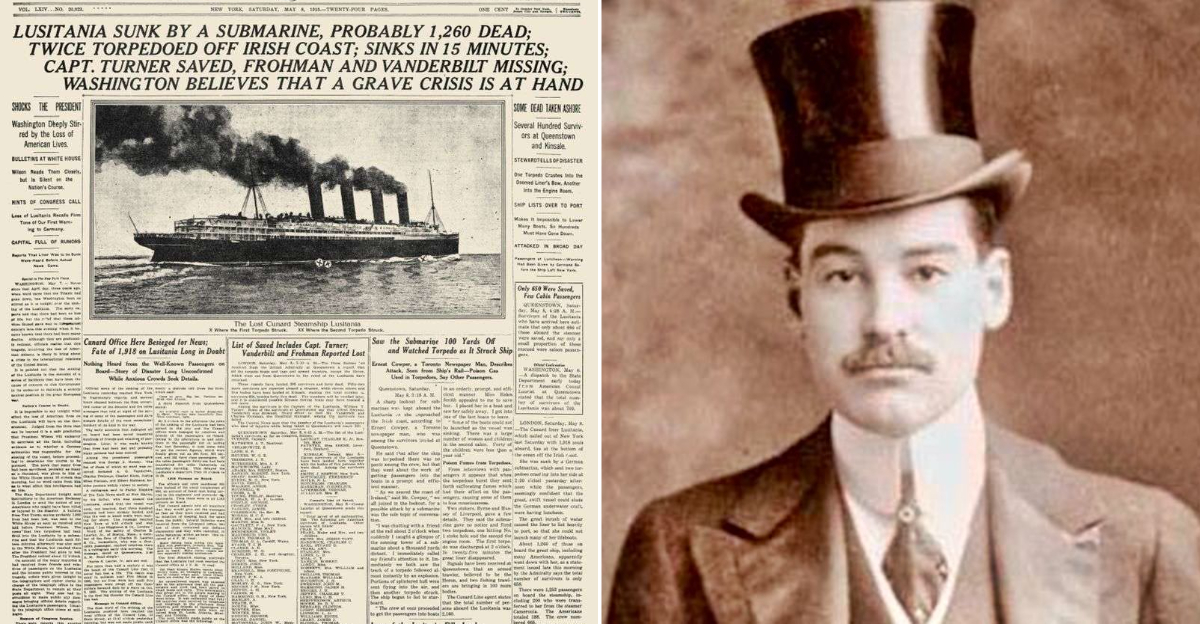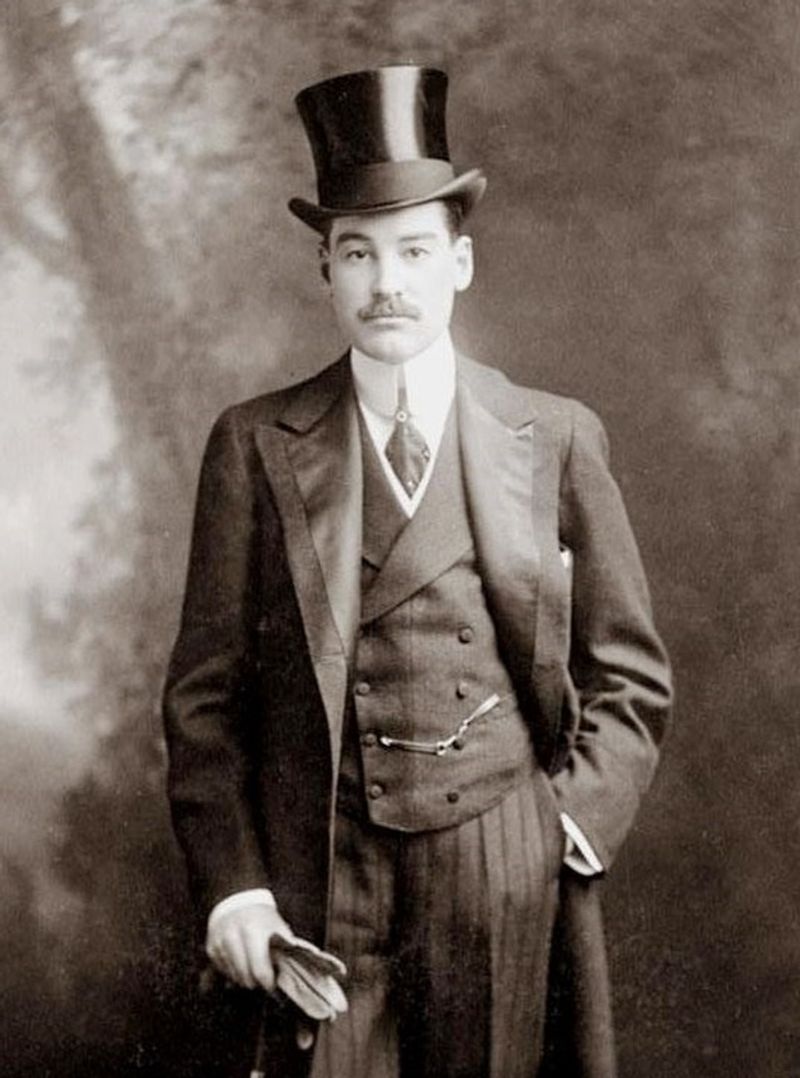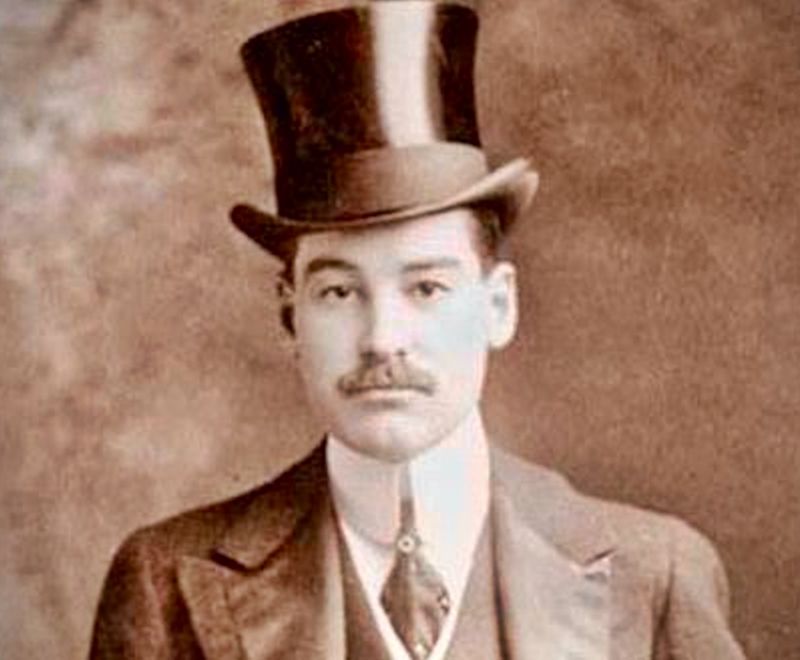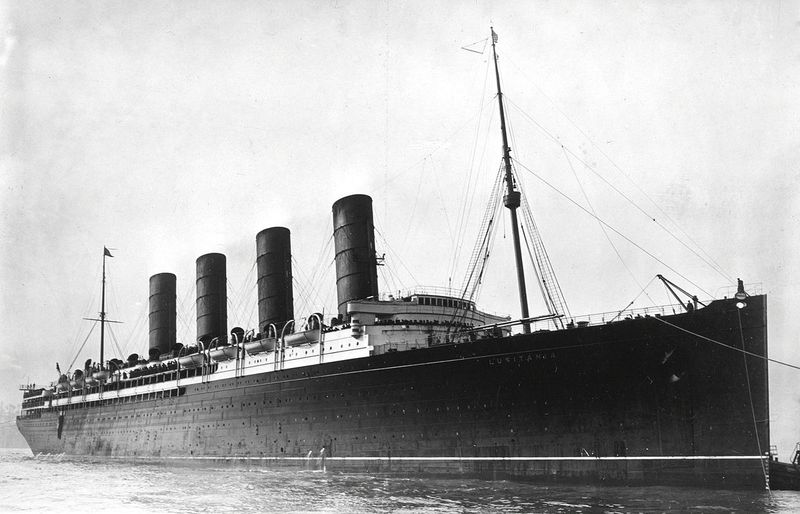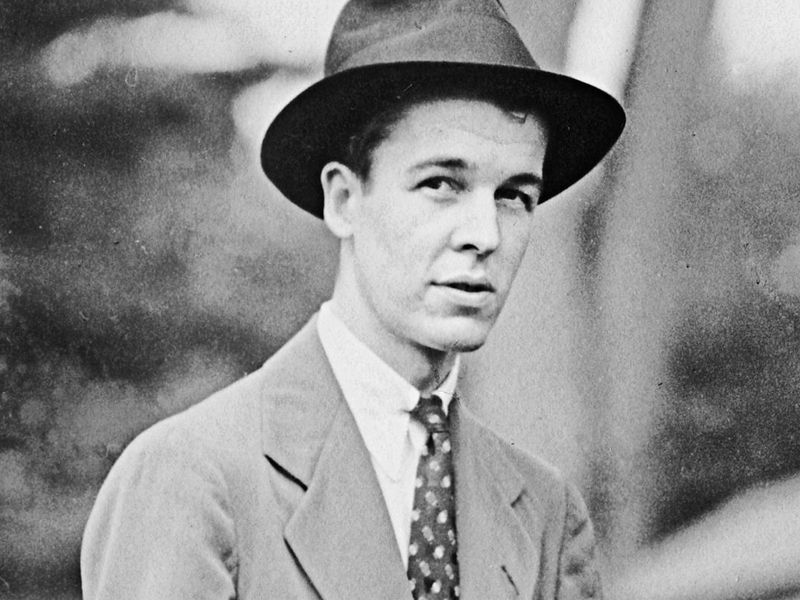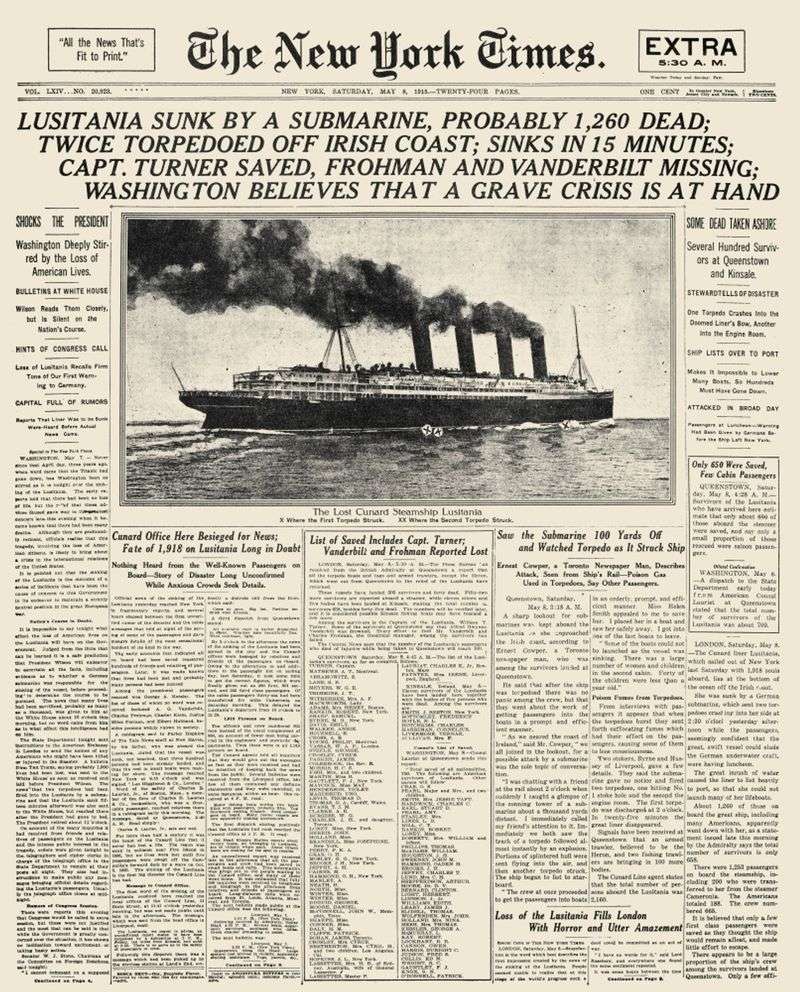On May 7, 1915, the RMS Lusitania was torpedoed by a German U-boat off the coast of Ireland, claiming the lives of 1,198 people. Among the dead was Alfred Gwynne Vanderbilt, one of the richest men in America. He died a hero—not because he had to, but because he chose to. These seven facts reveal the courage behind the fortune.
1. He Was the Heir to One of America’s Richest Dynasties
Born into opulence, Alfred Vanderbilt was the great-grandson of Cornelius Vanderbilt, the railroad magnate. At merely 37, he inherited millions, owned exquisite racehorses, and was a prominent socialite. Despite his wealth, he was known for his modest demeanor.
Did you know? His dedication to his passions, like horse racing, was legendary. Yet, his commitment to family and society left a deeper impression.
He could have lived a life of endless leisure, but he chose to engage with the world, making meaningful contributions rather than resting on his laurels. His legacy extends beyond wealth.
2. He Was Booked in First Class—and Could Have Escaped
In the first-class cabins of the Lusitania, luxury was unmatched. As a first-class passenger, Vanderbilt had access to lifeboats and a higher chance of survival. Yet, he chose gallantly to prioritize others’ safety over his own.
Witnesses recount his unwavering focus on helping women and children reach safety. His decision was not driven by lack of options, but by a sense of duty.
The chaos of the sinking ship did not deter his resolve. Instead of escaping, he demonstrated exceptional bravery, ensuring that hope and humanity prevailed even in the direst circumstances.
3. He Gave His Lifebelt to a Woman Holding a Baby
In a moment of pure compassion, Vanderbilt removed his own lifebelt and entrusted it to a young mother clutching her baby. Aware of his inability to swim, he nonetheless chose sacrifice over survival.
This selfless act sealed his fate. Yet, his legacy was immortalized through this singular gesture of heroism.
His actions were not driven by obligation but by an innate kindness. Those who witnessed were moved by the sacrifice of a man who could have easily saved himself, but chose to be a beacon of hope for others.
4. He Helped Load Lifeboats Until the Ship Went Down
Calm amidst chaos, Vanderbilt stood out as a guiding force. Survivors vividly recall his presence, assisting crew members in organizing passengers, emphasizing the safety of women and children.
His calm demeanor offered a stark contrast to the pandemonium around. Even as the ship tilted ominously, he continued his mission.
Where others might flee, he stayed. His commitment to helping others over himself speaks volumes. This selfless dedication ensured many survived to share his story. He exemplified the spirit of heroism, prioritizing collective preservation over individual escape.
5. He Traveled Without a Personal Lifeguard—Unlike the Titanic
Interestingly, unlike his canceled Titanic voyage three years prior, Vanderbilt embarked on the Lusitania without a personal valet or lifeguard. This journey was one of business urgency rather than leisurely adventure.
His decision to travel alone marks a significant deviation from the norms of his class. Where comfort and security were usually guaranteed, he opted for simplicity.
This choice underscores his unadorned courage and independence. His presence on the Lusitania was solitary, yet his actions ensured he was far from alone. His courage left an undeniable mark on history.
6. He Was on a Mission to Support the War Effort
Vanderbilt’s voyage to England was not leisurely; it was a mission. Though the U.S. had not entered WWI, he was determined to aid the war effort by supporting the YMCA’s relief operations.
His philanthropic endeavors extended beyond mere financial contributions. He actively participated in initiatives that provided solace to soldiers.
His wealth was a tool for global betterment, not just personal gain. This profound commitment to humanitarian causes reveals a man driven by more than material success. His journey was a testament to his dedication to a greater good.
7. He Was Praised as a “Martyr of the Sea”
Global media paid homage to Vanderbilt’s valor. Newspapers hailed him as a “martyr of the sea,” with The New York Times calling his deeds “gallant.” The Times of London echoed similar sentiments, recognizing his sacrifice.
His legacy was not just wealth but courage. His story transcended borders, inspiring admiration worldwide.
The recognition he received cemented his place in history as a man who embodied selflessness. His actions continue to resonate, a lasting testament to the power of altruism and bravery, inspiring generations to come.
